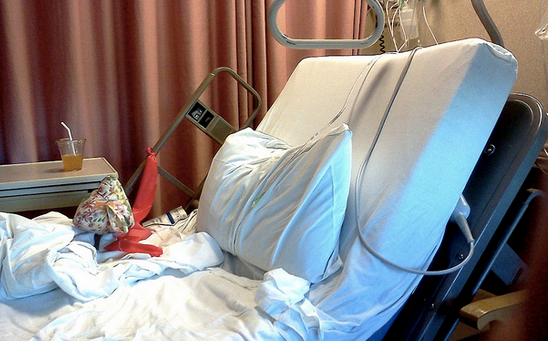New Rules Change The Way Non-Profit Hospitals Handle Low-Income Patients’ Debts
While some hospitals work to assist patients in paying their unexpected and often expensive medical bills, other institutions have been known to employ aggressive tactics that harshly penalize patients who are unable to pay their medical debts. However, the adoption of new federal rules aims to change the way in which non-profit hospitals handle consumers and their debts.
The New York Times reports that under the new rules hospitals must offer discounts, free care or other financial assistance to certain impoverished patients before sending their bills to collections.
According to the requirements, which were issued by the Treasury Department and the Internal Revenue Service, non-profit hospitals must try to determine whether a patient is eligible for assistance before they refer their case to a debt collector, send negative information to a credit agency, place a lien on a patient’s home, file a lawsuit or seek a court order to seize a patient’s earnings.
Under the rules, hospitals will generally be required to give consumers at least 120 day before taking “extraordinary collection actions.”
The rules apply only to non-profit hospitals that have or want tax-exempt status, which currently accounts for about 60% of hospitals across the country.
Hospitals earn tax-exemption by showing they are organized, operate for charitable purposes and provide “community benefits.”
Debt collection isn’t the only area of concern addressed by the rules, it also tackles unfair practices regarding billing.
According to the Times, for decades uninsured patients have been required to pay “list prices” for services that cost much less when billed to Medicaid, Medicare and private insurers.
Now patients eligible for financial assistance cannot be charged more than “the amounts generally billed” to people who have insurance through government programs or private carriers.
Hospitals must also establish and publicize a written policy stating who is eligible for financial assistance and how people can apply.
Additionally, the rules require each non-profit hospital to assess and address the health needs of its community at least once every three years.
Consumer advocates tell the Times that the new requirements could set an industry standard and eventually influence for-profit hospital.
“With these rules, it should be easier for low- and moderate-income people to get care without having to worry about a hospital or a bill collector hounding them for money they don’t have,” Jessica L. Curtis, a lawyer for national consumer group Community Catalyst, tells the Times.
Iowa Senator Charles Grassley, who has spearheaded investigations into the practices of non-profit hospitals, applauded the rules.
“The rules make clear that tax-exempt hospitals have to earn their tax exemption,” he says.
New Rules to Limit Tactics on Hospitals’ Fee Collections [The New York Times]
Want more consumer news? Visit our parent organization, Consumer Reports, for the latest on scams, recalls, and other consumer issues.


